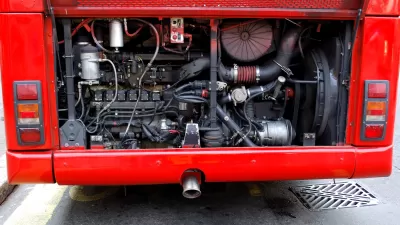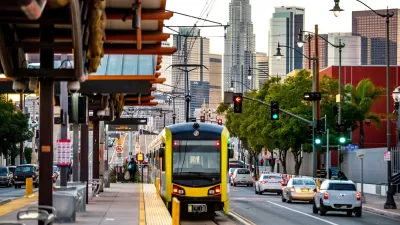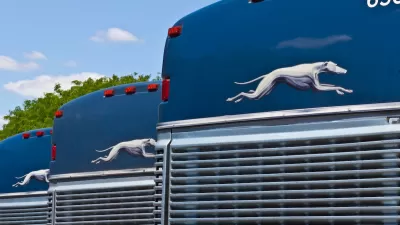The first public hearing on how to shore up the MTA's finances was held on Monday. Congestion pricing was widely mentioned as part of the solution, but more will be necessary to maintain and expand the nation's largest transit system.
The panel headed by former MTA chief Richard Ravitch held its first public hearing Monday at NYU's Kimmel Center. A variety of proposals surfaced, including congestion pricing, to help the MTA navigate its current funding crisis.
Streetsblog was there to observe the afternoon session and give a brief rundown of the themes that surfaced repeatedly:
"Responsibility for adequately funding the MTA should fall on those who benefit from its services. This encompasses a fairly broad swath of people, including straphangers, the real estate industry, and car commuters (who get less traffic on the street when more people use transit). Many of these 'stakeholders' already contribute something to the MTA in the form of fares or dedicated taxes, and could be asked to pay higher rates going forward. Several people testified that some form of road pricing or bridge tolling would be an additional stream of revenue consistent with this philosophy."
"The MTA needs more consistent and reliable revenue streams. Congestion pricing fits the bill in this regard, too. The need for predictable revenue also led speakers to suggest more broad-based taxes, unlike the targeted taxes mentioned above. (Taxes collected from the real estate industry have proven especially fickle recently.) Kevin Corbett of the Empire State Transportation Alliance recommended both road pricing and a payroll tax, saying that 'if you have multiple parties sharing in the pain, it's easier to do a deal.' He added, 'Looking at the enormity of the task, we suspect it will be a combination of the various taxes [and] fees.'"
FULL STORY: Ravitch Commission Faces Difficult Task of Shoring Up MTA’s Future

Planetizen Federal Action Tracker
A weekly monitor of how Trump’s orders and actions are impacting planners and planning in America.

Chicago’s Ghost Rails
Just beneath the surface of the modern city lie the remnants of its expansive early 20th-century streetcar system.

San Antonio and Austin are Fusing Into one Massive Megaregion
The region spanning the two central Texas cities is growing fast, posing challenges for local infrastructure and water supplies.

Since Zion's Shuttles Went Electric “The Smog is Gone”
Visitors to Zion National Park can enjoy the canyon via the nation’s first fully electric park shuttle system.

Trump Distributing DOT Safety Funds at 1/10 Rate of Biden
Funds for Safe Streets and other transportation safety and equity programs are being held up by administrative reviews and conflicts with the Trump administration’s priorities.

German Cities Subsidize Taxis for Women Amid Wave of Violence
Free or low-cost taxi rides can help women navigate cities more safely, but critics say the programs don't address the root causes of violence against women.
Urban Design for Planners 1: Software Tools
This six-course series explores essential urban design concepts using open source software and equips planners with the tools they need to participate fully in the urban design process.
Planning for Universal Design
Learn the tools for implementing Universal Design in planning regulations.
planning NEXT
Appalachian Highlands Housing Partners
Mpact (founded as Rail~Volution)
City of Camden Redevelopment Agency
City of Astoria
City of Portland
City of Laramie





























